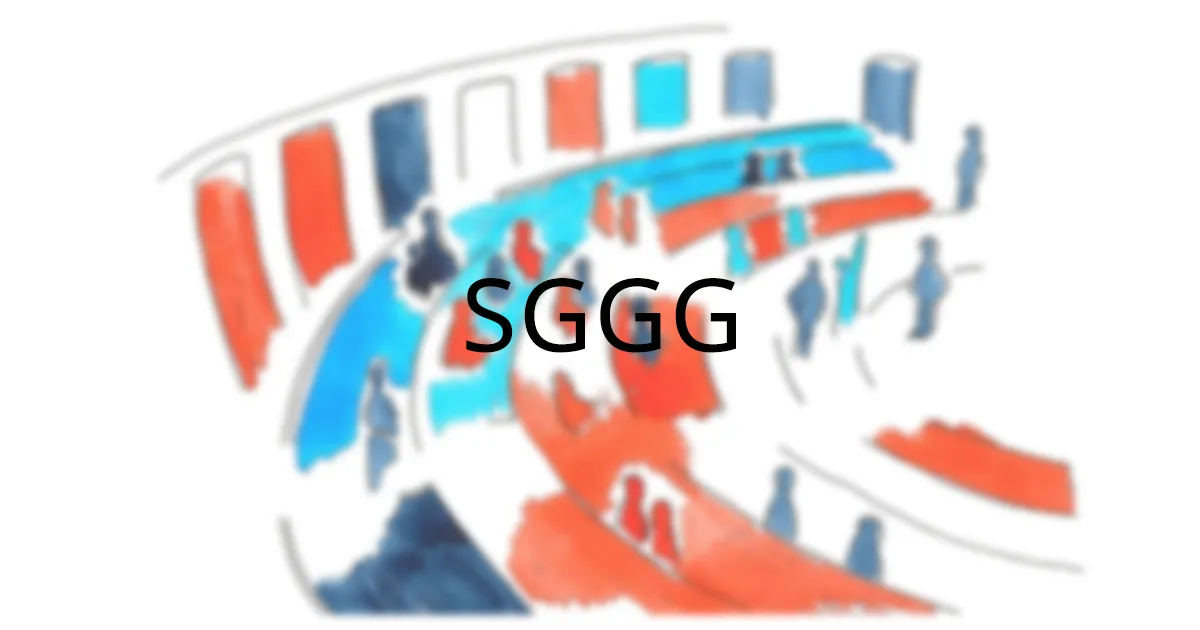A play about the dangers of gambling: prevention or hidden trap?
In a context of reinforced regulation where laws are increasingly strict and where responsible gaming and the fight against addiction are at the heart of concerns, the Belgian gaming industry is trying to find a balance between social responsibility and promotion of its activities. Recently, an initiative launched by the Beroepsvereniging van Wedkantoren (BVWK), which includes major players like Ladbrokes and Bingoal, has sparked a heated debate about the true intentions behind responsible gambling awareness campaigns.
A prevention tool
The BVWK’s flagship project, a play entitled “To Bet or Not to Bet“, written by Thibault Wathelet, a former poker addict, aims to be a prevention tool against the dangers of gambling addiction. This initiative, intended to be presented in schools to 5th and 6th secondary students, aims to educate young people about the risks associated with gambling through art. Saartje Van de Steene, lead actress in the Dutch-language version, emphasizes the preventive nature of the play, designed by and for people who have experienced the horrors of addiction.
However, this approach was quickly criticized by experts and mental health campaigners, who see it as a strategy to normalize gambling among a vulnerable public. Stefaan Van Hecke (Groen), a member of the Belgian parliament and a staunch defender of strict regulation of the sector, denounces an attempt by casinos to burnish their image while fighting against legal restrictions affecting their industry.
Concerns of the Staten-General Geestelijke Gezondheid
The Staten-Generaal Geestelijke Gezondheid (SGGG), an authority in the field of mental health, expresses deep concerns about the potential impact of such initiatives. In an open letter addressed to ministers, parliamentarians and educational institutions, the SGGG compares the BVWK’s tactics to those used by the tobacco and alcohol industries to circumvent regulations aimed at protecting public health.
According to the SGGG, although presented as prevention actions, these initiatives could in reality encourage risky behavior among young people, a population particularly receptive to messages glorifying risk and adventure. Their criticism is based on studies demonstrating that warning against specific dangers can paradoxically encourage experimentation.
What prevention for young people?
Faced with these accusations, the question arises: how can we effectively approach the prevention of problem gambling among young people? The SGGG advocates for approaches based on strengthening life skills, promoting positive coping strategies and establishing a school environment open to dialogue on addictions, without stigmatization or oversimplification.
The BVWK initiative, although laudable in its intention to raise awareness among young people of the dangers of gambling addiction, underlines the complexity of prevention in this area. It highlights the need for close collaboration between educators, health professionals, regulators and the gambling industry to develop prevention strategies that respect both the vulnerability of young people and the imperatives public health. Only such an approach can guarantee that efforts to inform and protect young people do not turn into vectors of attraction to gambling.


